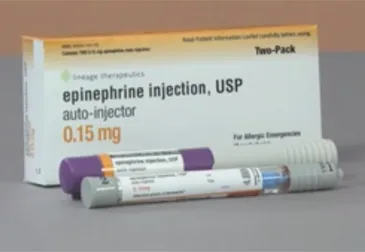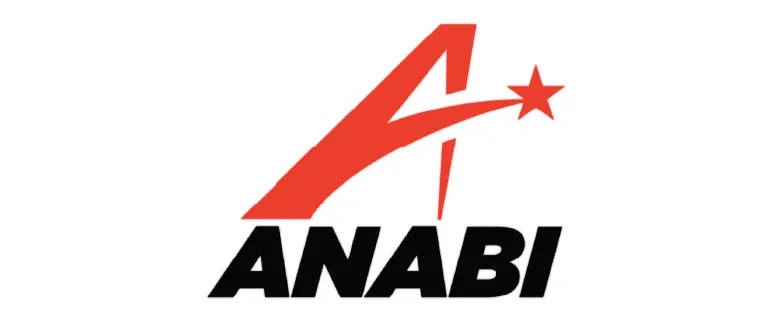CVS Health has once again exhibited the willingness to leverage its scale and diverse capabilities to support the well-being of patients. The company moved earlier this month to make a potentially lifesaving treatment for severe allergic reactions available to consumers at an affordable price. The operator of more than 9,600 retail pharmacies is offering a generic epinephrine auto-injector, the authorized version of Adrenaclick manufactured by Impax Laboratories, at a price of $109.99 for a two-pack.
 The action is a response to the uproar among consumers and legislators surrounding the pricing of Mylan N.V.’s EpiPen, which dominates the category and sells for $649.99. After the pharmaceutical company came under withering criticism for the rapidly escalating cost of the product — which rose to its current level from $100 in 2009 — Mylan launched an authorized generic of EpiPen. A two-pack sells for $339.99.
The action is a response to the uproar among consumers and legislators surrounding the pricing of Mylan N.V.’s EpiPen, which dominates the category and sells for $649.99. After the pharmaceutical company came under withering criticism for the rapidly escalating cost of the product — which rose to its current level from $100 in 2009 — Mylan launched an authorized generic of EpiPen. A two-pack sells for $339.99.
Helena Foulkes, president of CVS Pharmacy, says the company perceived an urgent need in the marketplace and stepped up with a solution. By working in concert with Impax, she explains, CVS is able to source the product “at a price lower than similar brand or authorized generic epinephrine auto-injectors. We are passing these savings along to our customers and patients, making this product available at the lowest cash price in the market.”
Foulkes adds that patients who qualify for a coupon program offered by Impax could realize additional savings of as much as $100 per package.
CVS’ intervention on behalf of patients in the epinephrine auto-injector market is part of a larger pattern. In recent years the company has adjusted its operations to bring them into better alignment with its primary mission as a health care provider.
The most striking example of that orientation is CVS’ decision to remove all tobacco products from its stores, a process that was completed in September 2014. The seriousness of the company’s commitment to the health and well-being of customers can be gauged by the fact that halting the sale of cigarettes and related merchandise cost CVS $2 billion a year in lost sales along with the store visits motivated by such purchases.
Other tools the company uses to enhance the health of customers and control costs include its 1,100 MinuteClinics. Staffed by nurse practitioners, the walk-in medical facilities provide treatment for many acute conditions, and do so at significantly less cost than a trip to a physician’s office or an emergency room. In addition, MinuteClinic is increasing its involvement in the management of a number of chronic conditions.
The company’s pharmacy benefits management division is another bulwark against escalating health care costs. CVS Health president and chief executive officer Larry Merlo points out that through the first nine months of 2016 the drug trend for the company’s PBM clients was up 3.3% on an annualized basis, substantially below the 2015 level, even as the price of pharmaceutical products continued to increase.
Within the context of those developments, CVS’ decision to work with Impax to offer a generic epinephrine auto-injector shouldn’t surprise anyone. Merlo and his management team understand that the health care system is in the midst of a period of fundamental change — a process that is likely to accelerate and perhaps move in unpredictable directions with the inauguration of President Trump and both houses of Congress under Republican control. They know that whatever takes the place of Obamacare won’t eliminate the need for access, quality and affordability in health care. In ways large and small, CVS is tailoring its business to address those requirements.






